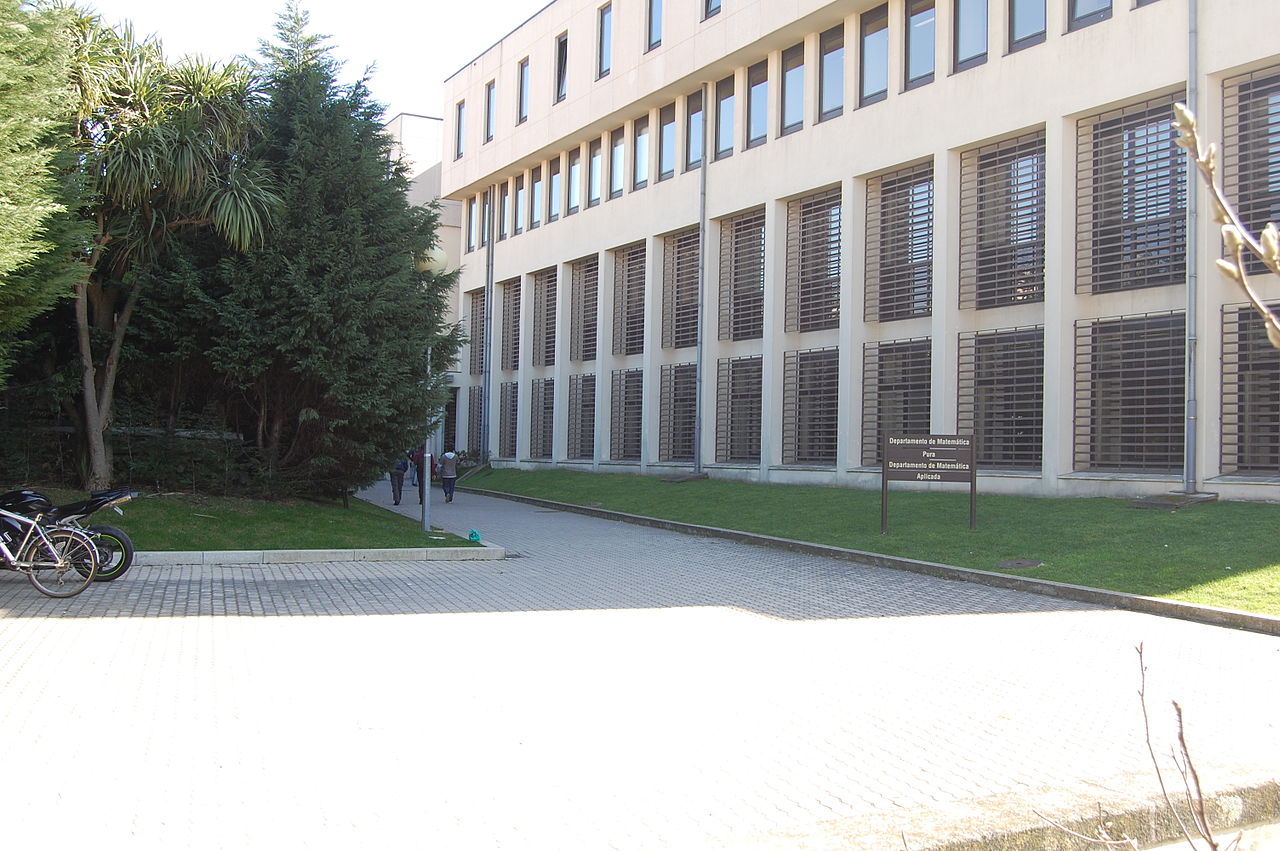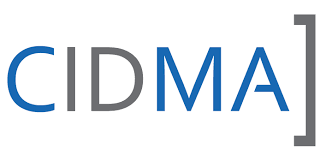General information

Number theory is one of the oldest areas of mathematical research. During the last decades, many important advances have been made in the area, including the famous "Fermat's last theorem". The overall goal of the present school is to gather together students interested in the area, and provide an introduction to some fundaments of modern number theory.
This will be a one-week school, following the lead of the first number theory Portuguese meeting held at the University of Aveiro in 2022.
The school takes place at the Center of Mathematics of the University of Porto, in room "anfiteatro 0.30" of the mathematics building FC1. It starts early on September the 4th and ends in the afternoon of September 8 (see the schedule).
The school consists of five courses, entitled Galois theory, Fermat's Last Theorem, Algebraic Number Theory, Galois representations and Multiplicative Number Theory lectured by Paulo Almeida, António Machiavelo, Nuno Freitas, Ariel Pacetti and Nuno Arala Santos (see the course descriptions for detailed information).
Accomodation
Some recommended accommodation options are the following:- Residência universitária in Agramonte, Boavista. The contact details are: phone: +351 915 229 069, email: boavista@livensaliving.com. Address: Rua Monsenhor Fonseca Soares, 188 (CP: 4150-335) Porto.
- Seminário de Vilar. The contact details are: phone: +351 226 056 000, email: info@vilaroportohotel.pt, Address: Rua Arcediago Van Zeller, 50 (CP 4050-621) Porto.
- Hotel Tuela (ala sul). The contact details are: phone: +351 226 004 747, email: booking.tuela@hfhotels.com, Address: Rua Arq. Marques da Silva, 200 (C.P: 4150-483) Porto
For prospective participants
The school is aimed at master's students as well as young Ph.D. students (although very enthusiastic students at their last licenciatura's year are also welcome to participate) who are interested in learning some basics of modern number theory.
All interested students should register to the school by sending an email to the address encontros.tn.pt@gmail.com. There will be some limited funding to cover the local expenses (accommodation) of some participants. Those interested in applying for economial assistance should make it explicitly in the registration's email body and register no latter than June 18th. Also include (as an attachment) a curriculum vitae containing academic information (degrees obtained, ongoing studies, etc) as well as other information considered important together with a few lines explaining your interest for participating in this event.
Posters
The school's official poster is available here.
Schedule
| Monday | Tuesday | Wednesday | Thursday | Friday |
|
9:30 - 11:00 Algebraic NT |
9:30 - 11:00 Algebraic NT |
9:30 - 11:00 Galois Reps |
9:30 - 11:00 Algebraic NT |
9:30 - 11:00 Multiplicative NT |
|
11:00-11:30 Coffee |
11:00-11:30 Coffee |
11:00-11:30 Coffee |
11:00-11:30 Coffee |
11:00-11:30 Coffee |
|
11:30-12:30 Galois Reps |
11:30-12:30 Galois Reps |
11:30-12:30 Fermat |
11:30-12:30 Galois Reps |
11:30-12:30 Fermat |
|
12:30-14:00 Lunch |
12:30-14:00 Lunch |
Free afternoon |
12:30-14:00 Lunch |
|
|
14:00-15:30 Galois theory |
14:00-15:30 Galois theory |
14:00-15:30 Galois Theory |
||
|
16:00-17:30 Multiplicative NT |
16:00-17:30 Multiplicative NT |
16:00-17:30 Fermat |
Course Description
The courses will cover the following topics.- Galois Theory: For which primes p is there an
integer \(x\) such that \(x^2-2\) is divisible by p? This
problem asks, in other words, for which primes p the equation
\(x^2=2\) has a solution in the finite field \(\mathbb{F}_p\). One way
to approach this problem is to consider a possibly larger field
in which the equation has a solution (it is always possible to
find such a field!); and then to investigate when that solution
actually belongs to \(\mathbb{F}_p\).
As we can see from this example, natural questions in Number Theory naturally lead to the consideration of field extensions. Galois Theory is a very useful tool for dealing with such extensions. The fundamental insight of the theory lies in the idea that important properties of such an extension can be deduced through properties of the "symmetry group" of the extension, the so-called Galois group. A primitive form of this insight was famously used by Galois to prove that certain equations of degree 5 cannot be solved by radicals.
In this course we will learn some of the fundamental results of this theory, as well as some applications, and in particular give an elegant solution to the question posed at the beginning. - Algebraic Number Theory: Algebraic Number Theory originated and developed as a tool for dealing with two problems: Fermat's “Last” Theorem ,and the search for general reciprocity laws. In this course, the fundamental notions and results of this area will be exposed, including the unique factorization in the so-called “number fields”, the description of the arithmetic of quadratic and cyclotomic fields, as well as some reciprocity laws. Bibliography for the course can be found here.
- Multiplicative Number Theory: Multiplicative number theory deals with the distribution of prime numbers using methods of mathematical analysis. In this course we will focus on the prime-counting functions and their behaviour. We develop some techniques while exploring summation formulas of some arithmetic functions and the estimates of Chebyshev. Then we will present the Dirichlet series, the Euler products, the Riemann Zeta function and the Dirichlet L-functions in order to obtain an overview of the Prime Number Theorem, the Dirichlet Theorem and the Riemann hypothesis. Slides available here
- Fermat's Last Theorem: Wiles' proof of Fermat's Last Theorem was one of the greatest achievements in mathematics of the 20th century. The proof depends on understanding different areas of modern number theory, like Galois representations, the theory of elliptic curves and modular forms. During this course we will cover some of the basics of the last two topics and sketch how to piece them together to prove Fermat's last theorem. Slides available Lecture 1, Lecture 2, Lecture 3.
- Galois Representations: Groups are objects that are hard
to understand. A brilliant idea of Frobenius was to try to understand
their representations. During the present course we will recall
the definition and main properties of representations of finite
groups, with special emphasis on groups that come from Galois
extensions, the so called "Galois representations".
During the lectures, we will give Artin's construction of the L-series attached to a Galois representation, and show how the Zeta function and Dirichlet L-functions (as presented in the Multiplicative Number Theory course) are particular cases of Artin's construction. The last part of the course will be devoted to describe representations corresponding to infinite Galois groups.
Organizers
The school is organized by António Machiavelo and Ariel Pacetti.
Picture

Sponsors
This school is supported by Fundação para a Ciência e a Tecnologia, through CMUP — Centro de Matemática da Universidade do Porto, through the project UID/MAT/00144/2020, and CIDMA — Centro de Investigação e Desenvolvimento em Matemática e Aplicações, through the project UIDB/04106/2020.
